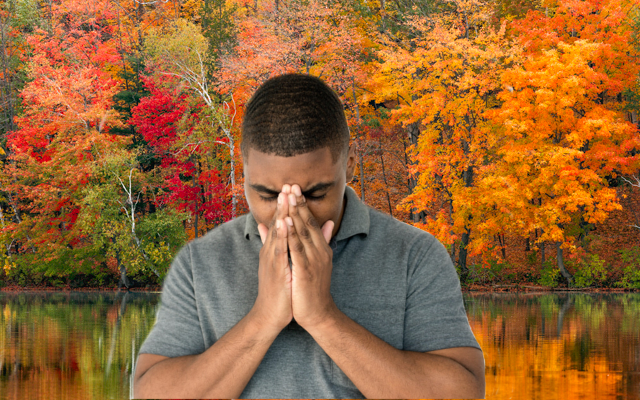
Student Torn Between Enjoying Warm Autumn and Fearing Climate Change
COLLEGETOWN—Despite his love of hiking and other outdoor activities, Ben Foreman ‘21 is finding it difficult to cherish the final weeks of a temperate Ithaca fall. Instead of frolicking outdoors with impunity, the senior Environment & Sustainability major has been plagued by the knowledge that his October sunbathing is only made possible by a dangerous…








